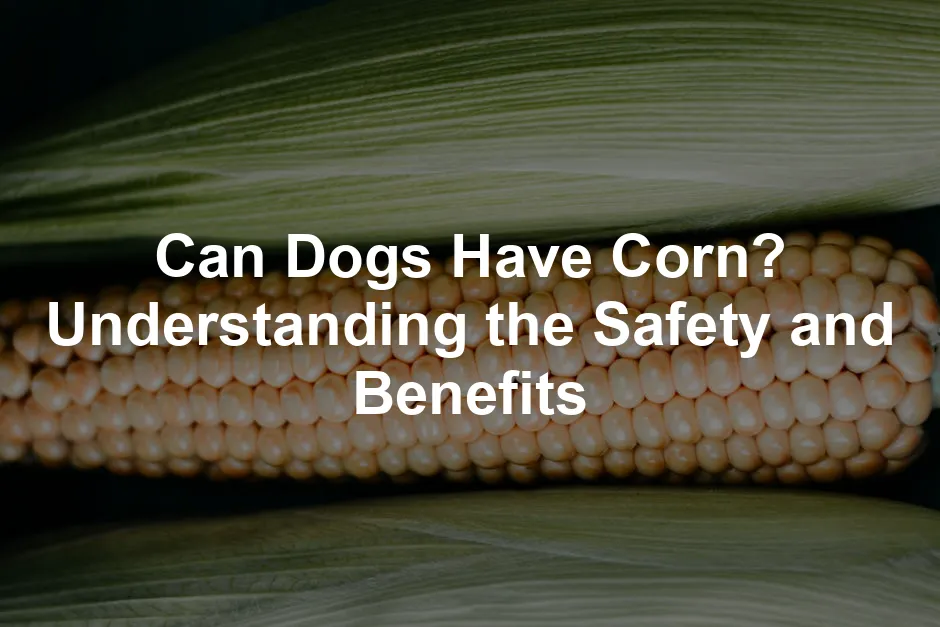Introduction
Have you ever wondered if it’s safe to share corn with your furry friend? Understanding what foods are safe for dogs is essential for their health. There are many misconceptions about corn in dog diets that can lead to confusion.
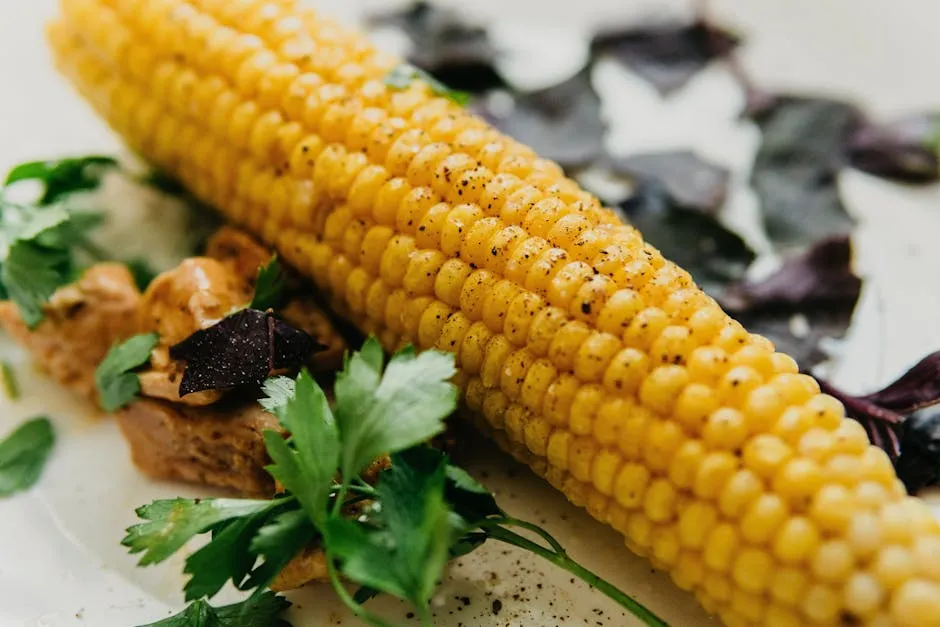
When introducing new foods to your pet, it’s important to consider their health and safety. Check out these tips on ensuring a smooth introduction between dogs and babies for more insights.
Summary and Overview
First and foremost, corn is not toxic to dogs. In fact, you’ll find corn in many commercial dog foods. It offers nutritional benefits, including fiber and essential fatty acids. However, there are risks when feeding corn, especially corn on the cob. Always remember to serve corn in moderation and consult your vet before introducing new foods.
Speaking of moderation, if you’re looking to keep your dog healthy and happy, consider investing in a high-quality dog vitamin supplement. These can help fill in any nutritional gaps and keep your furry friend feeling their best!
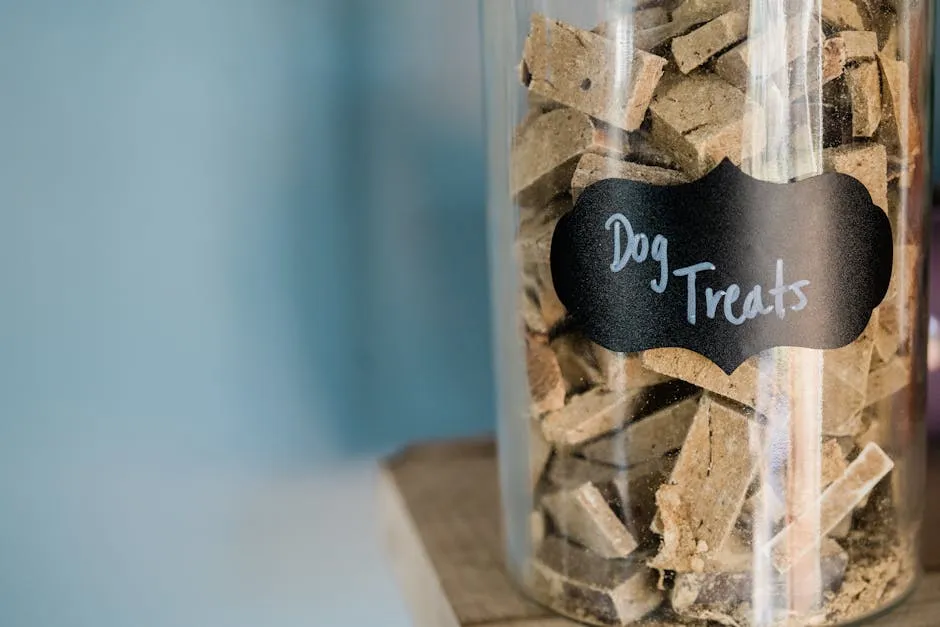
Can Dogs Eat Corn?
Overview of Corn in Dog Diets
Corn is a common ingredient in many dog foods. You might be surprised to learn that it contributes several essential nutrients. Corn provides carbohydrates, protein, fiber, vitamins, and minerals. Many people believe corn is merely a filler in dog food, but that isn’t accurate. It plays a significant role in your dog’s nutrition.
Corn is a digestible grain that offers energy. It contains protein and linoleic acid, which helps maintain healthy skin and fur. The fiber in corn aids digestion and promotes gut health. Thus, corn can be a valuable part of a balanced diet when prepared properly. Always opt for plain corn, avoiding any additions like butter or salt.
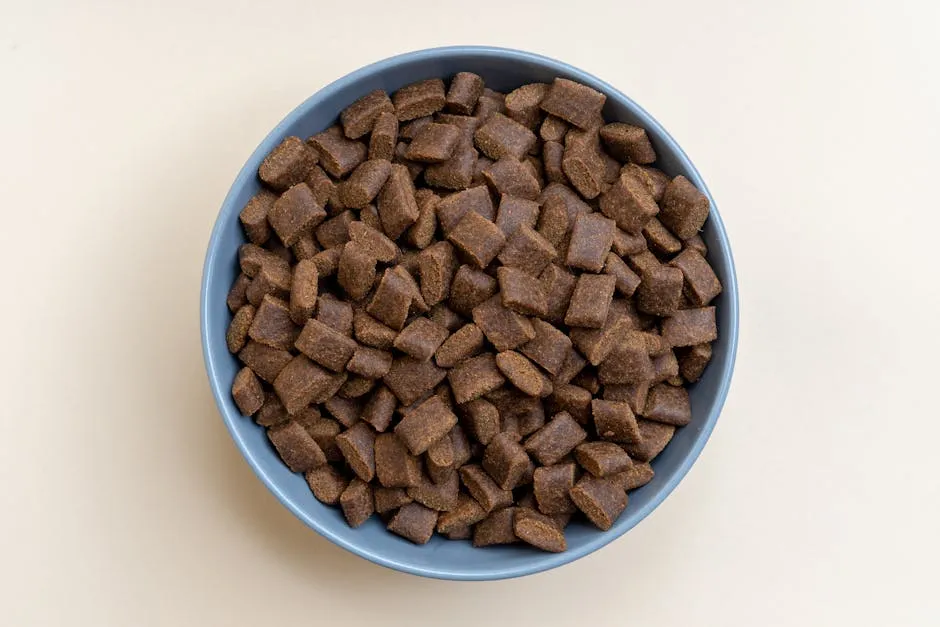
While you’re thinking about keeping your pup’s diet healthy, don’t forget about their hydration! A dog water fountain can encourage your dog to drink more water, making sure they’re always hydrated and healthy!
Is Corn Safe for Dogs?
Health Benefits of Corn
Corn is a nutritious addition to your dog’s diet. It serves as an excellent energy source due to its carbohydrate content. This grain also contains linoleic acid, an essential fatty acid that supports healthy skin and a shiny coat. Plus, corn is rich in antioxidants like beta-carotene and vitamin E, which help protect cells from damage.
When prepared properly, corn can be part of a balanced diet. Just remember, moderation is key! Offering corn kernels as an occasional treat is a great way to provide variety and additional nutrients to your pup’s meals. Always ensure the corn is plain and free from any harmful seasonings. And if you’re looking for a way to store those treats, consider a dog food storage container to keep everything fresh!

Potential Risks of Feeding Corn
While corn has its benefits, some dogs may have allergies or sensitivities to it. Signs of a corn allergy can include itching, skin irritations, or gastrointestinal distress. Symptoms like vomiting or diarrhea may indicate that corn doesn’t sit well with your pet.
If you introduce corn to your dog’s diet, watch for any adverse reactions. If you notice any unusual behavior or symptoms after feeding corn, consult your veterinarian. It’s always best to prioritize your dog’s health and comfort when trying new foods.
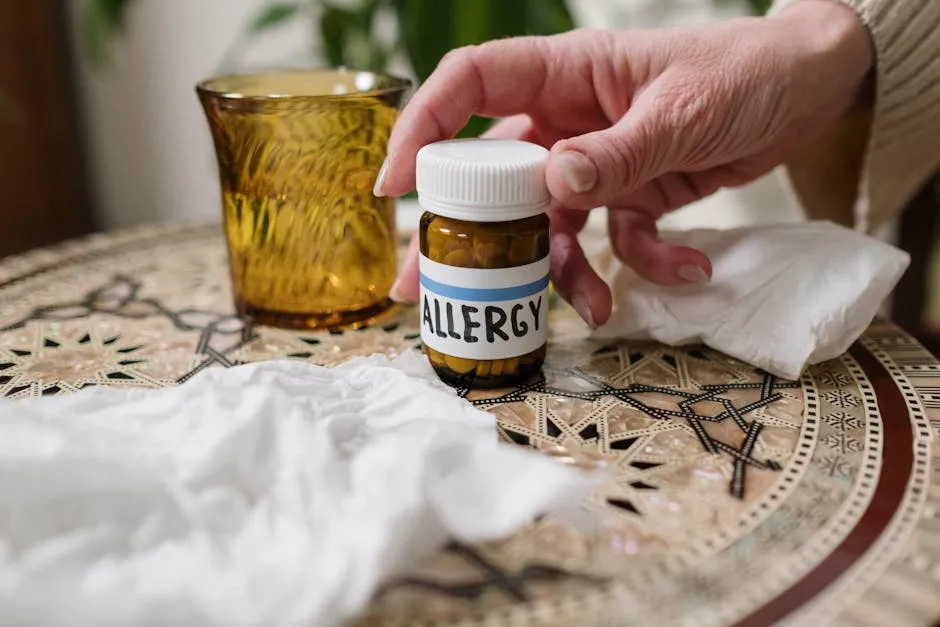
Corn on the Cob vs. Corn Kernels
Why Corn on the Cob is Dangerous
Corn on the cob may seem like a tasty treat for dogs, but it poses significant risks. The cob can become a choking hazard, especially for smaller breeds. If a dog bites off a piece, it can easily get lodged in their throat.
Ingesting the cob can also lead to serious intestinal blockages. Symptoms to watch for include vomiting, lethargy, and abdominal discomfort. If your dog shows any signs of distress after eating corn on the cob, seek veterinary assistance immediately. Always opt for corn kernels instead, as they are much safer for your furry friend.

Safe Ways to Feed Corn Kernels
Feeding corn kernels to your dog can be a healthy treat when done correctly. First and foremost, make sure the corn is served plain. Avoid adding butter, salt, or any seasonings. These additions can upset your dog’s stomach and lead to health issues.
Always serve corn off the cob. The cob poses serious choking hazards and can cause intestinal blockages. Instead, remove the kernels and prepare them for your pup.
When it comes to serving size, moderation is key. A small handful of corn kernels is usually enough for a medium-sized dog. You can offer this treat a few times a week, but it should not exceed 10% of their daily caloric intake. Observe your dog’s reaction after feeding corn for the first time. If they show any signs of discomfort, consult your veterinarian.
By following these guidelines, you can safely include corn kernels in your dog’s diet while ensuring their health and happiness. And if your dog loves to play while you prepare their meals, consider getting a fun dog puzzle toy to keep them entertained!

Can Dogs Eat Popcorn?
Safety of Popcorn for Dogs
Popcorn can be a fun and tasty snack for dogs, but it must be prepared properly. Air-popped popcorn is the safest option. It provides fiber and can be a low-calorie treat. However, avoid flavored popcorn. Butter, salt, and other toppings can be harmful to your pup.
Always check for unpopped kernels before offering popcorn to your dog. These hard kernels can cause dental issues or digestive discomfort. Monitor your dog while they munch on popcorn to prevent any accidents.

In moderation, plain popcorn can be a delightful addition to your dog’s snack routine. Just remember, if your dog has any pre-existing health conditions, it’s best to consult your vet before introducing new treats. And if you’re looking for a great way to pop that corn, an air popcorn maker is a must-have!

Can Dogs Eat Canned Corn?
Considerations for Canned Corn
Canned corn may seem like a convenient option, but it’s important to proceed with caution. Many canned varieties contain high sodium levels. Excess sodium can lead to dehydration and other health issues in dogs.
Always check the label before serving canned corn to your dog. Look for options that have no added salt. If you choose to give your dog canned corn, serve it in small quantities to minimize any risks. And why not make mealtime easier with a pet food scoop? It makes portioning out your dog’s food a breeze!
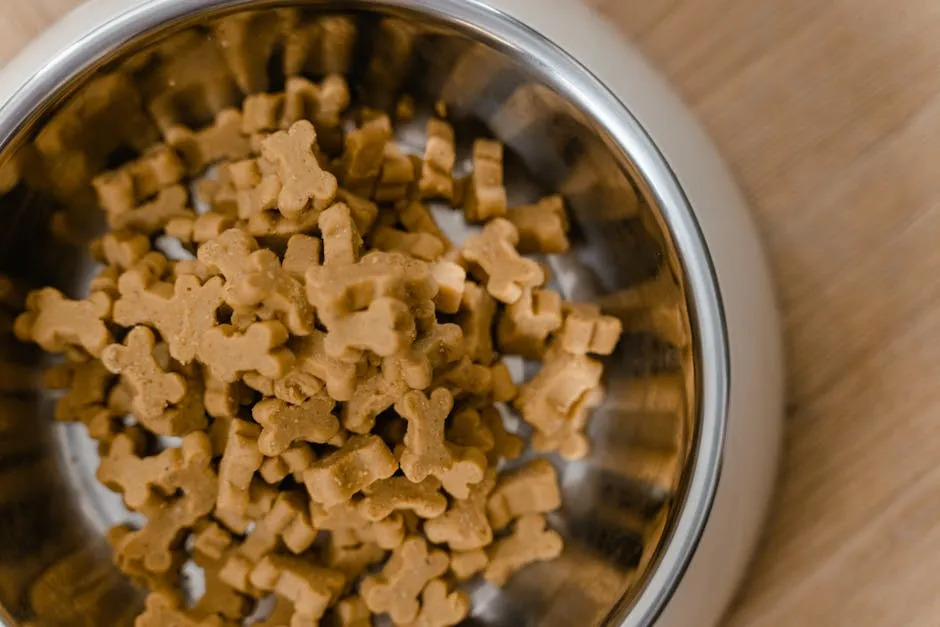
Fresh or frozen corn is often a better choice. These options are generally free from additives and provide more nutritional benefits. Remember, moderation is key. Canned corn should only be an occasional treat, not a staple in your dog’s diet.
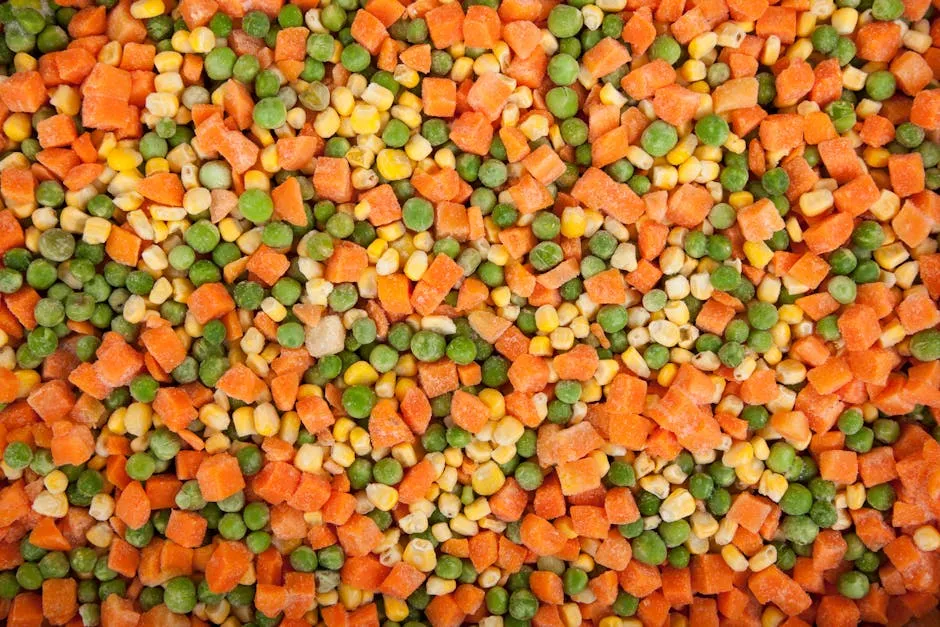
Alternatives to Corn in Dog Diets
Safe and Healthy Alternatives
If you’re looking for alternatives to corn in your dog’s diet, you’re in luck! There are plenty of safe grains and vegetables that can provide excellent nutrition. Consider options like brown rice, quinoa, and oats. These grains offer fiber and carbohydrates, essential for energy.
Vegetables can also play a significant role. Carrots, green beans, and sweet potatoes are great choices. They are rich in vitamins and minerals. These foods add variety to your dog’s meals, ensuring a balanced diet. If you want to get creative in the kitchen, a dog treat recipe book can inspire you to whip up some tasty snacks for your pup!

Encouraging a diverse diet is crucial for your dog’s overall health. Different foods provide different nutrients. So, mix it up! Your pup will appreciate the variety, and you’ll be helping them stay healthy and happy.
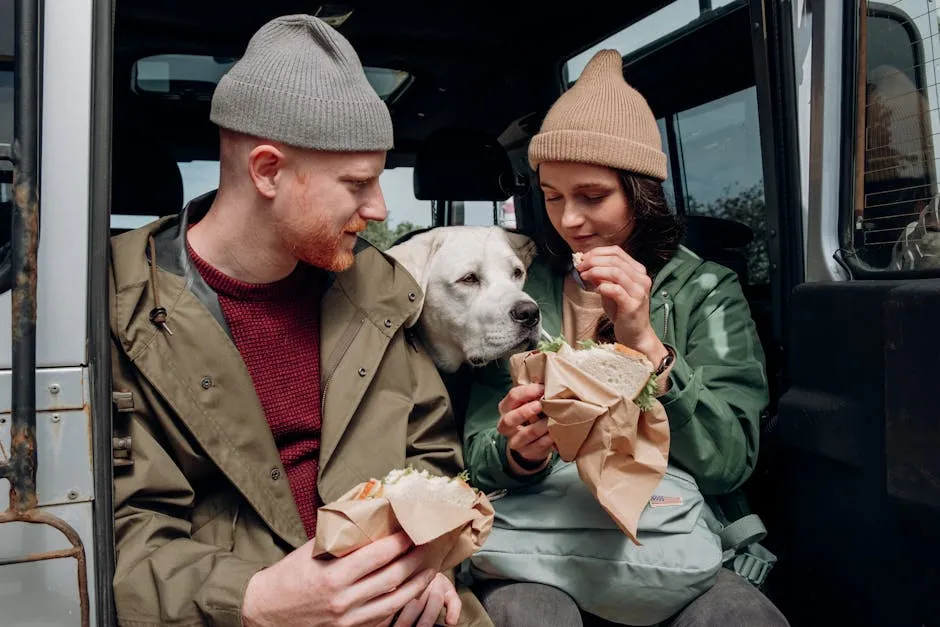
Conclusion
In summary, corn can be a safe and nutritious treat for dogs when served correctly. Remember, moderation is vital, and always consult your veterinarian before introducing new foods. This practice ensures your dog receives the best care possible. By adopting responsible feeding habits, you can help promote your dog’s health and well-being.
How should I prepare corn for my dog?
Preparing corn for your dog is simple and safe when done right. Start by ensuring the corn is off the cob. This is crucial as corn cobs can pose choking hazards and lead to intestinal blockages.
Next, cook the corn without any additives. Avoid butter, salt, or spices. Plain, cooked corn kernels are best. You can boil or steam the corn until tender, then let it cool before serving.
Always serve corn in moderation. A small handful of kernels is usually enough for a medium-sized dog. Monitor your dog’s reaction to corn during the first few feedings to ensure they tolerate it well. If your dog shows any signs of discomfort, consult your veterinarian.

Can dogs eat sweet corn?
Yes, dogs can eat sweet corn! Sweet corn is safe and not harmful when served properly. It has a higher sugar content than regular corn, but in moderation, it can be a tasty treat for your furry friend.
Sweet corn provides carbohydrates, fiber, and essential nutrients. It can add variety to your dog’s diet. Just remember to serve it plain, without any butter or salt. Keep portions small to avoid any digestive issues.
If your dog has never had sweet corn before, introduce it gradually. This helps you monitor for any potential allergies or sensitivities. As always, if you have concerns, consult your veterinarian. And for those chilly days, a cozy dog coat or sweater can keep them warm while they enjoy their sweet corn!

What should I do if my dog eats a corn cob?
If your dog eats a corn cob, act quickly. First, check for any immediate signs of distress. Symptoms to look for include drooling, vomiting, or lethargy. If you notice these signs, contact your veterinarian right away.
Avoid inducing vomiting unless instructed by a vet. Corn cobs can cause serious intestinal blockages, which may require surgery. Keep an eye on your dog for 24 hours after ingestion. Monitor their behavior and bowel movements closely.
Prevention is key! Always dispose of corn cobs securely. Inform family and friends not to feed corn on the cob to your dog. Keeping your pup safe is a top priority. And if you’re heading out for a walk, ensure your dog is secured with a reliable dog leash!
Is canned corn safe for dogs?
Canned corn can be safe for dogs, but caution is necessary. Many canned varieties contain added sodium, which can be harmful. Too much salt can lead to dehydration and other health issues.
If you decide to give your dog canned corn, look for low-sodium options. Rinse the corn under water to remove excess salt before serving. Serve it in moderation, as it should not replace fresh or frozen corn in your dog’s diet.
Always check for added ingredients too. Ingredients like sugar or spices can upset your dog’s stomach. Fresh or frozen corn is usually a healthier choice, providing better nutrition without additives. And for those messy moments, a pet odor eliminator is a lifesaver!
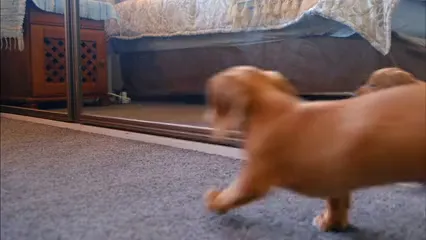
How much corn can I give my dog?
When it comes to corn, moderation is essential. Treats, including corn, should make up no more than 10% of your dog’s daily caloric intake. A small handful of corn kernels is usually sufficient for a medium-sized dog.
If your dog is smaller, serve even less. Be mindful of your dog’s overall diet to ensure they receive balanced nutrition. For larger breeds, a bit more is acceptable, but always err on the side of caution.
Introduce corn gradually if it’s a new addition to their diet. This helps you monitor for any allergies or sensitivities. If you have any concerns about serving sizes, please consult your veterinarian for personalized advice. And for those active pups, a dog life jacket can keep them safe during water play!
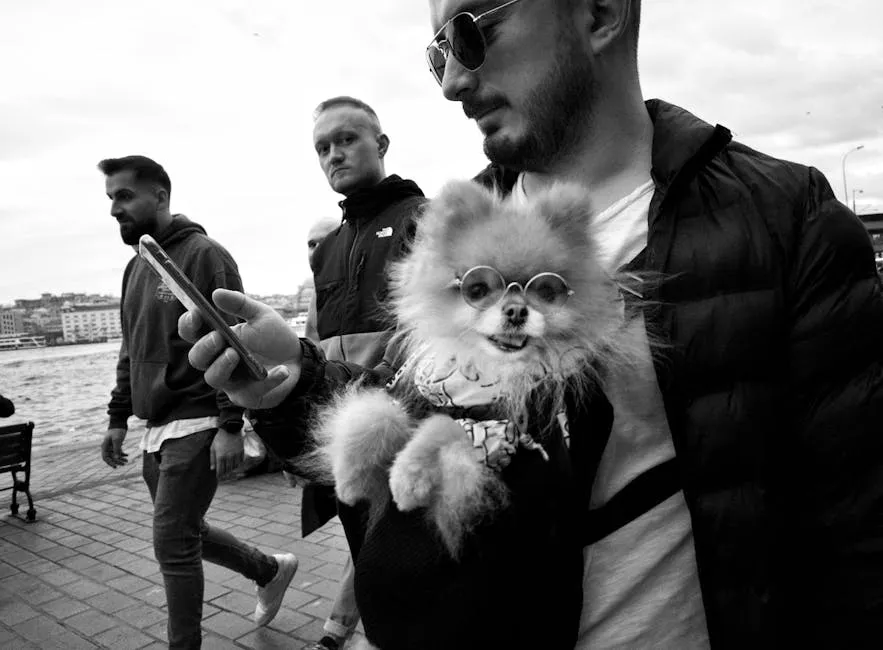
Please let us know what you think about our content by leaving a comment down below!
Thank you for reading till here 🙂
All images from Pexels

